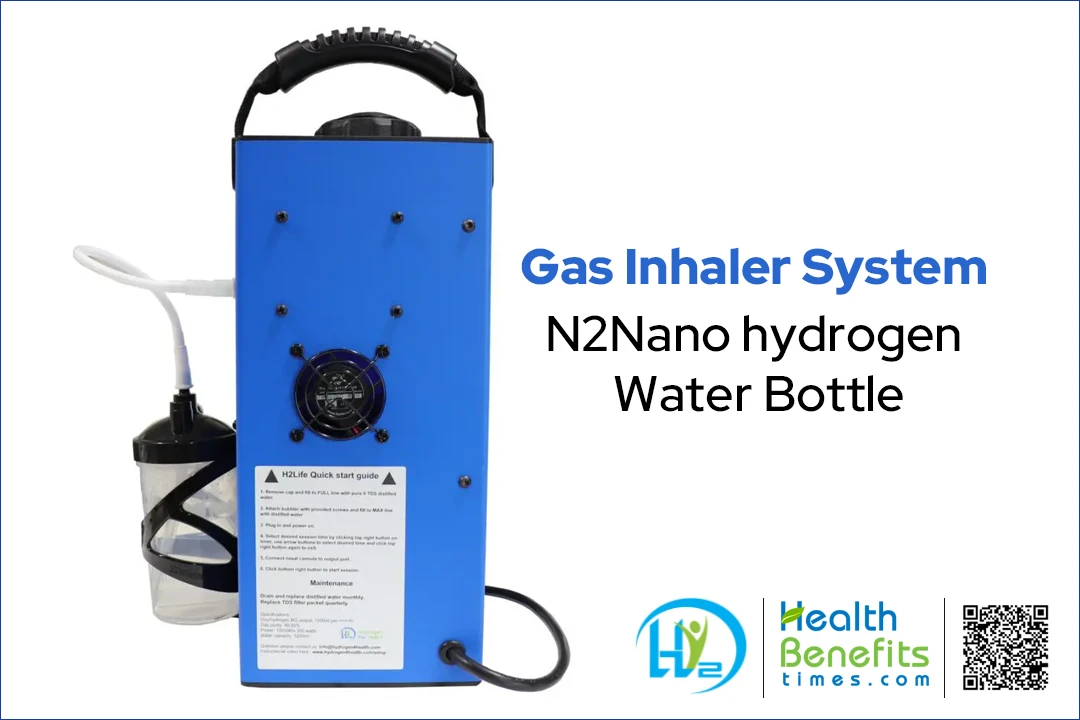
What is the Brown’s gas treatment?
Brown’s gas treatment is an alternative respiratory therapy that utilizes a strategy called electrolysis to produce hydrogen-rich water. Through this, an electric current is given through regular water inside a Brown’s gas machine. This causes the water molecules to split and liberates hydrogen gas. Some hydrogen molecules remain attached to oxygen to form hydrogen peroxide. When inhaled, the additional hydrogen molecules delivered via the water can help reduce inflammation and oxidation in the lungs and nasal tissues.
The Mechanism of Action in Respiratory Health
Brown’s Gas Machines interact with the human respiratory system in new ways, possibly improving respiratory health. They may help transport oxygen through cells more effectively, boosting cellular respiration and reducing oxidative stress, both important for lung function. Inhaling Brown’s Gas is also believed to increase metabolism, which could improve lung capacity and reduce airway inflammation. These changes may lead to a more balanced and efficient respiratory system, potentially helping with chronic conditions. However, some critics say more clinical studies are needed to confirm these benefits.
Advantages Of Traditional Therapies
Brown’s gas machines have several advantages over traditional respiratory therapies. By producing hydrogen-rich water through electrolysis, they target the underlying causes of conditions like oxidative stress and inflammation in a wholly natural way without any side effects. This sets them apart from most conventional medications that only treat symptoms. With regular use of a Brown’s gas machine, individuals can experience ongoing benefits rather than just temporary relief from medications. The therapy can also be administered easily at home, making it a very accessible and affordable alternative to many expensive doctor visits and prescription inhalers or nebulizers.
Applications for Respiratory Health
Brown’s gas therapy is showing promise for several common respiratory conditions. Initial evidence suggests it may help reduce asthma symptoms and the need for rescue inhalers over time. For COPD sufferers, Brown’s gas inhalation appears to improve lung function. It also shows efficacy for chronic sinusitis by decreasing inflammation in the nasal cavities. Allergies and respiratory infections like colds and flu may benefit as well through the antioxidant effects. Ongoing research is still needed, but results so far are encouraging for its applications in respiratory health.
Growing Adoption and Clinical Evidence
Brown’s gas machines have seen rising popularity in recent years as more people experience the benefits firsthand. Commercial sales of units designed for home use or medical clinics have been increasing steadily. Several small clinical pilot studies have also explored outcomes from Brown’s gas inhalation.
Results thus far show reductions in asthma symptoms, lung volumes closer to normal in COPD patients, and less need for rescue inhalers. Larger trials are still needed but anecdotal reports describe improvements for conditions like chronic sinusitis as well. As awareness expands, Brown’s gas therapy appears poised for greater acceptance—if further research can validate its promising early clinical results.
Future Potential Uses and Developments
Looking ahead, researchers believe Brown’s gas technology could have applications far beyond just respiratory conditions. Oxidative stress and resulting inflammation are implicated in the development of many chronic diseases. Brown’s gas’s unique ability to reduce these factors at the cellular level may prove beneficial for other areas. Cancer researchers have taken note, as tumors often form in environments of high oxidation.
Preliminary laboratory studies show hydrogen gas can slow cancer cell growth and even make chemotherapy more effective. For cardiovascular health, Brown’s gas’s antioxidant properties raise hopes it could mitigate atherosclerosis and limit damage from heart attacks. Engineers are also working to design new delivery methods for hydrogen therapies.
More portable nebulizers or inhalers that could provide on-demand treatment would boost convenience. There is even the possibility that combining Brown’s gas with other evidence-based therapies could create exciting synergistic effects. With further innovations and research support, this deceptively simple technology may one day help address a wide range of chronic health crises.
Conclusion
Brown’s gas therapy shows promising potential as a natural and accessible option for managing various respiratory conditions. While more rigorous clinical research is still warranted, initial evidence and growing adoption rates indicate it may offer benefits by reducing oxidative stress and inflammation in the lungs. As both understanding and applications of Brown’s gas continue advancing, it could transform respiratory healthcare by providing drug-free relief for millions worldwide.
Comments
comments